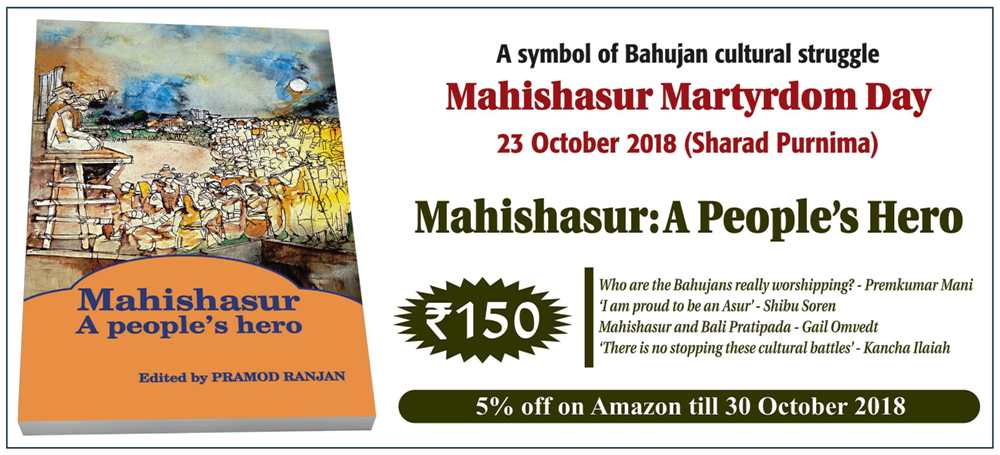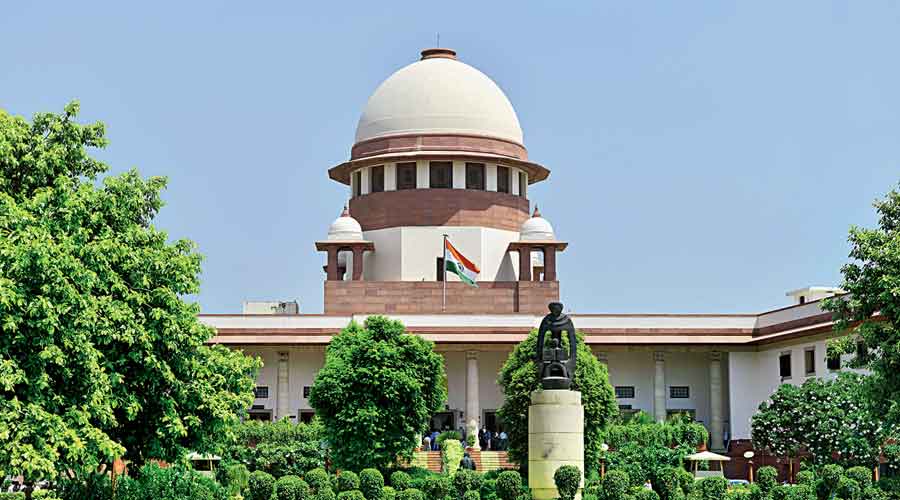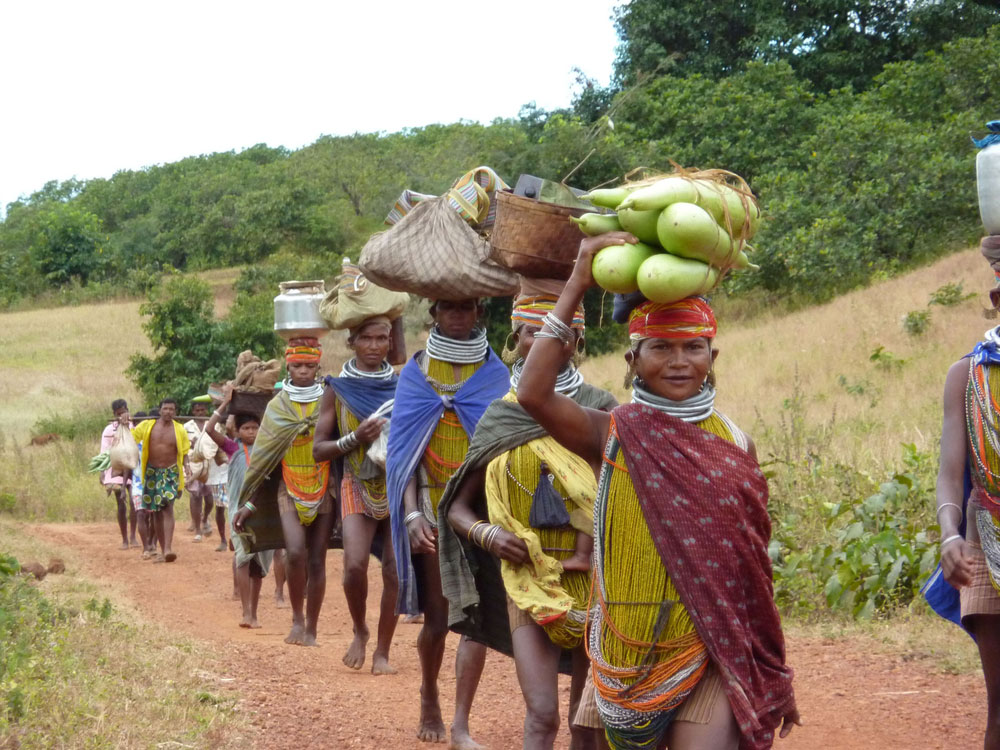A section of Indian society does not tire of singing paeans to India’s diverse and inclusive culture. “Unity in Diversity’ and “Kos-kos par badle vaani, chaar kos par badle pani [language changes at every kos (a measure of distance, approximately equal to 1.9 km) and water after every four kos]” are only two of the many slogans celebrating this so-called diversity. But the same section of Indian society vandalizes the history department of Delhi University for including A.K. Ramanujan’s epoch-making research work A Hundred Ramayanas in the curriculum and the same section raises the slogan of “One Nation, One Language, One Tax” and looks down upon South India, owing to its different dietary traditions. This is the same section which holds the food habits of Keralites responsible for the floods in Kerala and not only refuses any help to the suffering people but also appeals to the others to do the same. It talks of One Nation, One Religion, but is extremely averse to the idea of “One Nation, One Caste. If the language can change at every kos and the water after every four kos, then why can’t the manner of celebrating festivals change after every 100 kos?
Ravan Leela instead of Ram Leela in Tamil Nadu
The section that is not ready to accept India’s cultural diversity, is the same section which declared Hindi as the national language of India and wanted to thrust it on the entire country at the cost of India’s linguistic diversity. Thankfully, at least Tamil Nadu gave a befitting reply to these zealots. Tamil Nadu has always been challenging the protagonists of monolithic nationalism – whether the issue is diversity in language, food or thoughts and beliefs or the right to celebrate a festival in a different way.

Around Dussehra, at the time when the Durga Pandals of Bengal and the Ram Leela and Ravan Dahan in Delhi are grabbing national headlines, ‘Kanya Bhojs’ and ‘Mata Rani Ka Bhandaras’ are organized in north-west India, goats are sacrificed in most homes in Bengal, Bihar and UP,vRavan is worshipped in Tamil Nadu. When the people of Haryana and Western UP who organize Kanya Bhojs can accept the tradition among the bhumihars of Bihar of sacrificing goats to propitiate Durga and Kali and partaking of the meat as ‘prasad’, why can’t they accept the organization of Ravan Leela in Tamil Nadu on Dussehra? Why are members of the deprived sections sent to jails for celebrating Mahishasur Martyrdom Day?
Befitting reply to brahmanical elements
Chennai’s pro-change organization, Thanthai Periyar Dravidar Kazhagam, which organized Ravan Leela on 12 October 2016 to mark Dussehra, believes that Ravan and his brother Kumbhakarn were of Dravidian origin and the North Indian tradition of burning their effigies as a symbol of the victory of good over evil is anti-Dravidian and designed to humiliate the Dravidians. The head of the Chennai district unit of the organization had also requested the prime minister to put a stop to the tradition of burning the effigies of Ravan and Kumbhakarn in north India. When the government did not pay any heed to their demand, the organization announced that it would be burning the effigies of Ram, Laxman and Sita on Dussehra. Fifty-one members of the organization were arrested by the police when they were trying to do so. Forty of them were let off after a few hours while the rest were arrested.

All of them were granted bail within a week but the incident was a black spot on secular ethos of the Indian Constitution. And this has been happening frequently even after the Constitution drafted by Babasaheb Ambedkar came into effect. In 2018, eight workers of the Thanthai Periyar Dravidar Kazhagam were arrested when, during a programme, they tried to tie Janeu – traditionally worn by the Brahmins – to a pig, as a symbol of their protest against casteism. Pig is considered a symbol of Dalits. The cases against both the groups of workers are pending in the Madras High Court.
No Ravan Leela this year
Talking to Forward Press, Manoj, a worker of Thanthai Periyar Dravidar Kazhagam, said that the organization wants to focus all its energies on “ousting the fascist forces from power in 2019” and hence, has decided not to organize Ravan Leela this year so that its committed workers are not sent behind bars. He added that whether the fascist forces win or lose in 2019, their struggle against Brahmanism would continue and events like Ravan Leela would continue to be organized. When asked about some Ambedkarite and Periyarite organizations holding Mahishasur Martyrdom Day in north India, he said that his organization would try to develop ties with organizations which oppose Brahmanism and which hold the values of Ambedkar and Periyar in high esteem.
Also read: Periyarites arrested for protesting against the Janeu ritual
It would be pertinent to mention here that in 2011, a students’ organization called the All India Backward Students’ Forum had organized Mahishasur Martyrdom Day on the premises of JNU during the Durga Puja festival. Besides rightist students’ organizations of the JNU, the Hindi and English media of north India had criticized the move. In February 2016, speaking on the JNU controversy in the Rajya Sabha, then Human Resource Development Minister Smriti Irani had described the organization of Martyrdom Day at JNU as part of seditious activities and had said that its organizers were of depraved mentality.
Indira Gandhi was warned
Voices against north Indians trying to dominate Indian politics and culture have been rising from Tamil Nadu since Independence. Whether it is the issue of giving Hindi the status of national language of India, India’s Sri Lankan policy or ignoring Tamil sentiments, the people of Tamil Nadu have stood up against all these. A few months before his death in 1973, Periyar wrote, “The Dravidians should organize Ravan Leela to oppose Ram Leela.” The very next year – 1974 – Periyar’s wife Maniammai and K. Veermani, a member of Dravida Kazhagam founded by Periyar, wrote to then Prime Minister Indira Gandhi, requesting her not to participate in Ram Leela and Ravan-Kumbhkaran Dahan programmes. They warned that unless she did their bidding, her effigies would be burnt all over Tamil Nadu. When no positive response was received from the Government of India, on 25 December 1974, Dravida Kazhagam burnt the effigies of Ram, Laxman and Sita and organized Ravan Leela at its Chennai office. Maniammai and 13 other workers of the Dravida Kazhagam were arrested and tried. The lower court held them guilty but the session’s judge Somasundaram acquitted them in 1976 saying that hurting the sentiments of any individual or group was not their objective.

Recalling the incident, Doraiswamy says that today’s ruling class has become so intolerant and courts have turned so partisan that it would be futile to expect a just judgment in such cases. In 1998, the then Tamil Nadu Chief Minister Karunanidhi had also supported the holding of Ravan Leela by the workers of Dravidar Kazhagam in that year. In 2012, Doraiswamy and some other old workers of Dravida Kazhagam founded Thanthai Dravidar Kazhagam as they did not want to compromise on the values of Periyar.
Translation: Amrish; copy-editing: Lokesh
Forward Press also publishes books on Bahujan issues. Forward Press Books sheds light on the widespread problems as well as the finer aspects of Bahujan (Dalit, OBC, Adivasi, Nomadic, Pasmanda) society, culture, literature and politics. Contact us for a list of FP Books’ titles and to order. Mobile: +917827427311, Email: info@forwardmagazine.in)
The titles from Forward Press Books are also available on Kindle and these e-books cost less than their print versions. Browse and buy:
The Case for Bahujan Literature
Dalit Panthers: An Authoritative History







